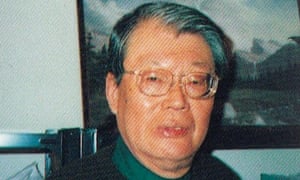Readers might be interested in this collection of very stylish protest posters from HK–Richard Kraus <rkrausa@comcast.net>
Source: Archive.org
Collection of posters from Hong Kong protests 2019 – 1/3
Publication date: 2019
Topics: Hong Kong, , Posters
more posters at:
https://archive.org/details/HongKongProtests2019_posters_02
https://archive.org/details/HongKongProtests2019_posters_03
galleries:
https://archive.org/details/HongKongProtests2019_gallery_001
https://archive.org/details/HongKongProtests2019_gallery_002
https://archive.org/details/HongKongProtests2019_gallery_003
Identifier: HongKongProtests2019_posters_01
Scanner: Internet Archive Python library 1.8.4
Year: 2019








